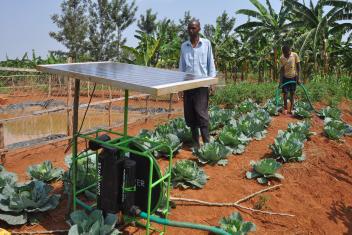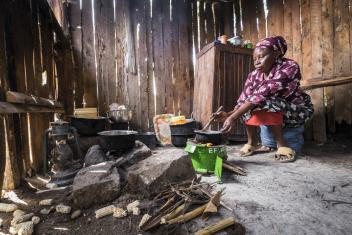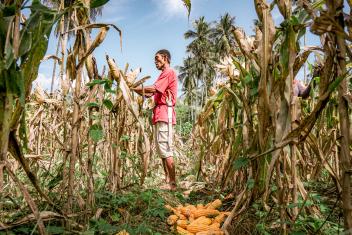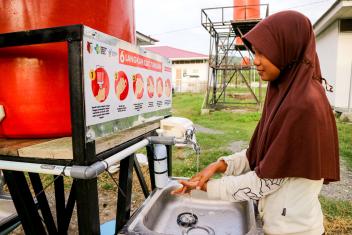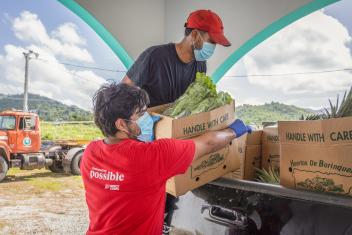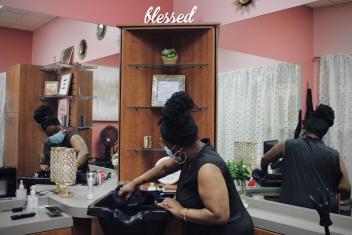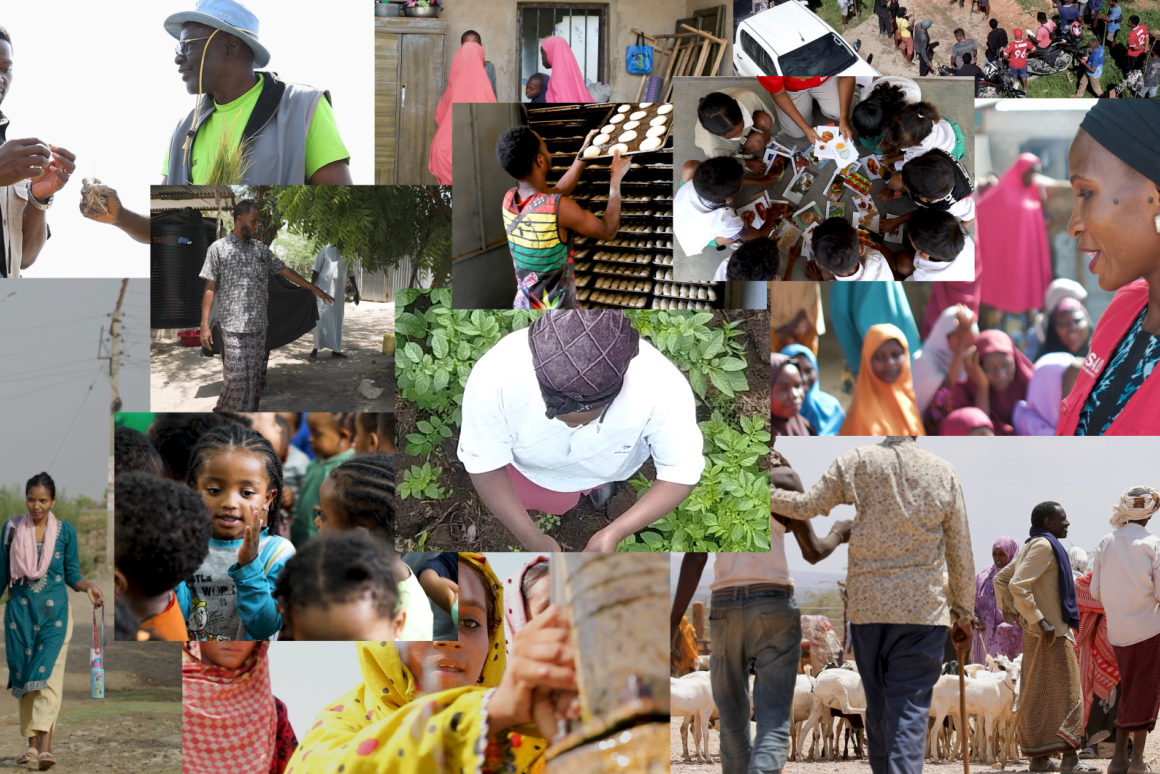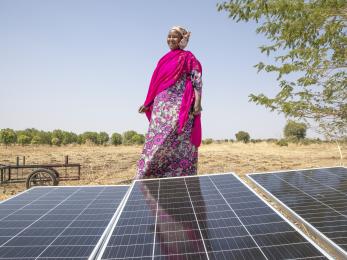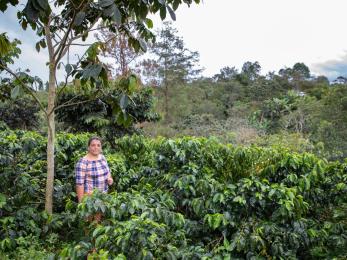Facing the greatest crises of our time: Climate change, conflict, and COVID
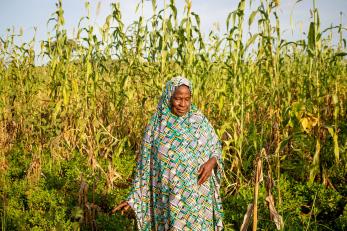
At Mercy Corps, we’re constantly assessing how we can best support and serve the communities at the heart of our work. Communities are facing some of the greatest challenges of our time—climate change, conflict, and COVID‑19. Across the Horn of Africa, farmers are experiencing their driest seasons. Entire communities, from Syria and Iraq to Colombia and South Sudan, are displaced due to violence. According to the United Nations Development Programme, only 12% of people from low-income countries have received at least one dose of the vaccine even as we are nearing the second year of the pandemic. Although all of our communities across the world have been touched by crises, their perseverance remains and it is our aim to provide support when it is needed. From small farms in Rwanda to the remote highlands of Nepal, Mercy Corps is helping communities across the world build healthy, peaceful, and sustainable livelihoods. Our team members are committed to delivering support even in the toughest circumstances. We’re working together towards a better tomorrow for all.
Building climate resilience
Climate change remains the greatest threat to global health, according to the World Health Organization. Increasingly intense and more frequent climate-related shocks and natural disasters disproportionately impact lower-income countries. Our teams around the world have adapted to meet the challenge with programs that help farmers grow more resilient crops, train communities to prepare for natural disasters, and raise awareness on pressing climate issues. With our focus on the climate crisis, our merger with Energy 4 Impact last year is critically important to expanding our work to increase access and integrate energy into agricultural development, economic growth, youth employment, and climate resilience for the more than 800 million people who lack access to energy globally.
“Every day I am excited by our work to create sustainable energy solutions and the merger with Mercy Corps will be deeply impactful in reaching more communities,” said Fredrick Tunutu, Energy 4 Impact’s Tanzania country manager. “Together we can help farmers grow more food, schools connect to new technology, and health clinics provide 24-hour care.”
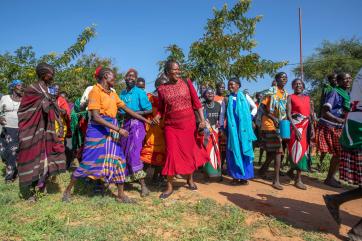
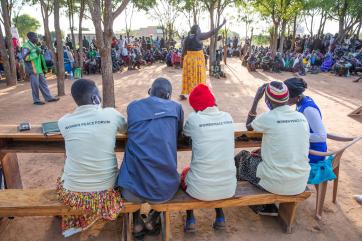
Promoting peace
The U.N. Refugee Agency reports that more than 84 million people worldwide have been forced to flee their homes due to persecution, conflict, and human rights violations. Conflict and instability weakens economies, decreases food security, and threatens public health. Communities experiencing conflict have higher rates of poverty in comparison to more stable communities, according to the World Bank. The causes of conflict are complex and interconnected—and so are the solutions. Mercy Corps is committed to reducing and preventing violence, and strengthening the pillars of long-term peace. This commitment is critical to Mercy Corps’ mission to create secure, productive, and just communities, given that conflict now drives 80% of all humanitarian needs.
Women and young people are imperative to building sustainable peace across communities. In six states in Nigeria, our team supports discussion groups for and by women, to develop conflict resolution skills that can be applied to their everyday lives—many of these groups have gone on to organize their own peace events to share knowledge on mitigating conflicts. Young people in Syria attend a peacebuilding program called the BINAA project, which means “building the society” or “building relationships” in Arabic, led by a local partner organization to exchange ideas on rebuilding their own society. Programs like these strengthen social cohesion and help communities guide themselves toward greater stability. They build foundations for lasting peace and stability one conversation at a time.
Supporting communities through COVID
Since the pandemic began almost two years ago, Mercy Corps continues to advocate for more equitable vaccine allocation. Less than 10% of people in low-income countries have received at least one vaccine dose, compared to 77% in wealthier countries. “We’re advocating for equitable distribution of vaccines in Nepal so our communities will have another layer of protection,” said Yugdeep Thapa, Mercy Corps Nepal’s communications specialist, who helped deliver supplies in remote areas to prevent transmission of COVID‑19.
In the last year, we reached 28.7 million people with our COVID‑19 response, which included prevention campaigns, distributing hygiene kits, and raising awareness. From providing essential supplies and food security to awarding cash grants to small businesses to stay afloat, our teams have been agile in meeting the unique needs of each community during an unprecedented global crisis. Keeping our communities safe is at the core of everything we do. While COVID‑19 has made it more difficult to rebuild lives and livelihoods, we're committed to serving our communities through challenging times so we may share a brighter future together.
